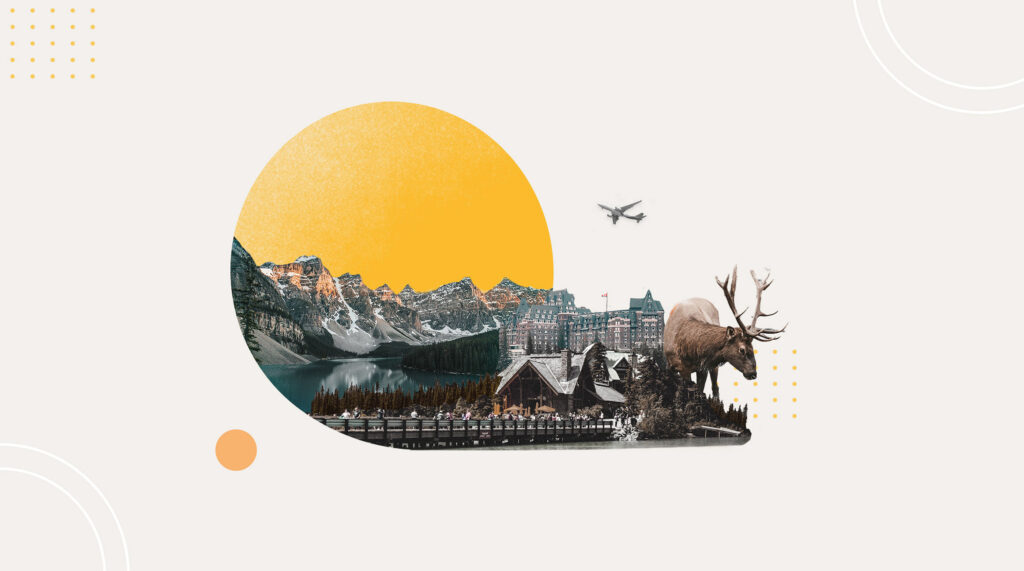No products in the cart.
Uncategorized
When Is the Best Time To Visit Banff?
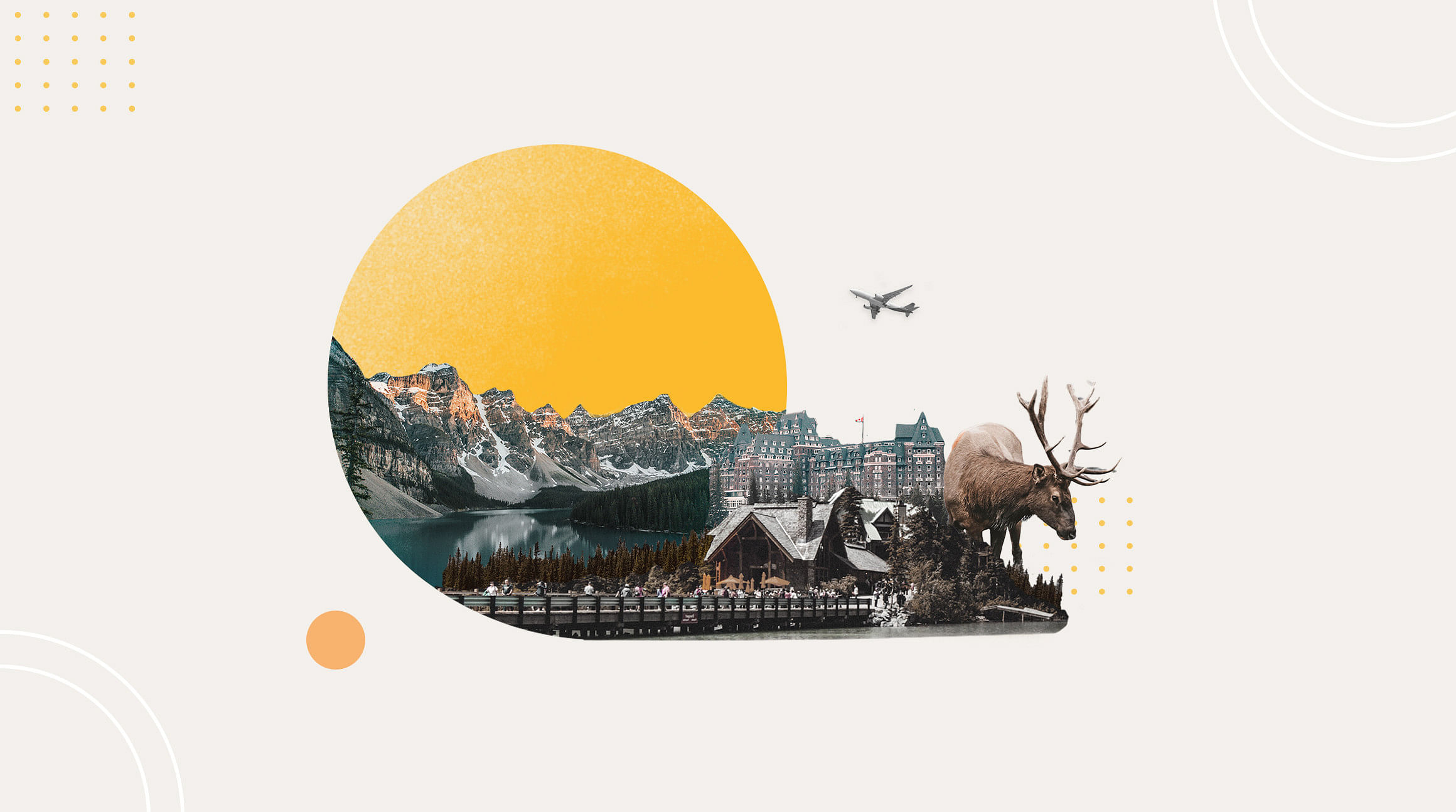
Has breathtaking Banff captured your attention? With its dramatic mountain peaks, sparkling turquoise lakes, and abundant wildlife, it tops many travelers’ to-visit lists. But before you pack your bags and take off to the Canadian Rockies, you’ll want to time your visit just right. In this article, we’ll walk you through the seasons to determine the best time to visit Banff.
You’ll learn:
- Banff, through the seasons
- The best time to visit Banff
- Banff: a month-by-month guide
- Tips for planning your visit
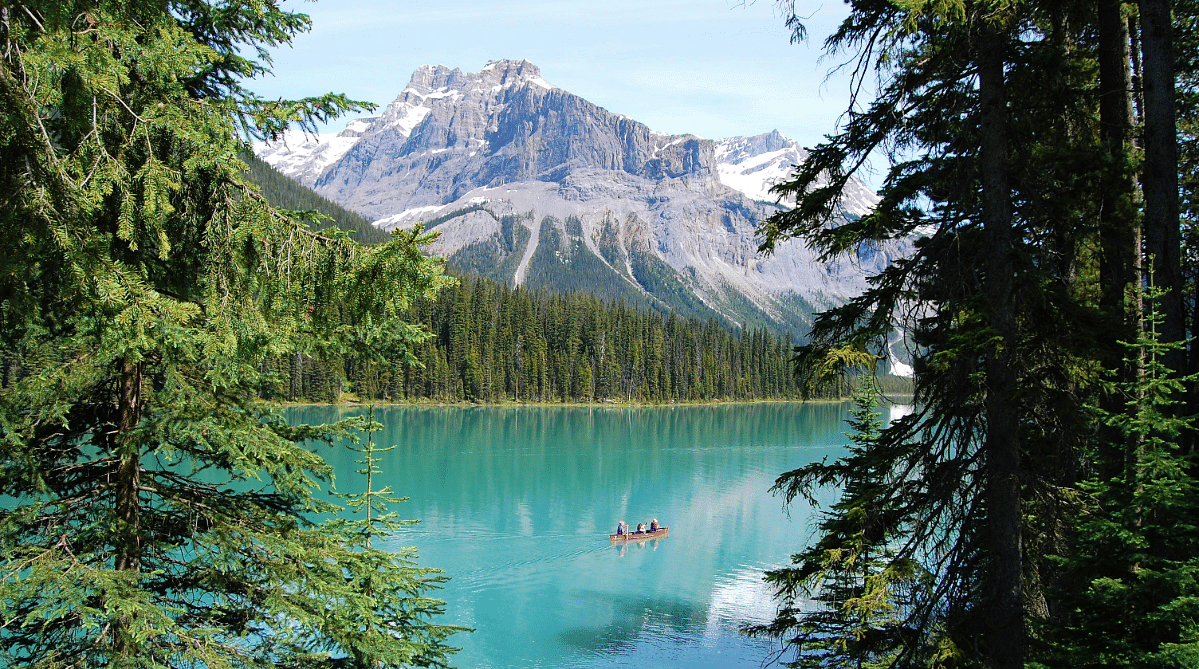 Unsplash
Unsplash
Banff Through the Seasons
Nestled within the Canadian Rockies, Banff is Canada’s oldest national park. It features a stunning landscape that’s a blend of towering mountain ranges, sprawling forests, and glacier-fed lakes. This makes it a haven for adventure enthusiasts, with different experiences for every season.
Spring in Banff
As the snow starts to melt away, Banff wakes up from its winter slumber. This is the time when the wildlife begins to stir, and you get those fresh, crisp mornings. It’s a bit of a gamble weather-wise, but think of the smaller crowds and lower prices!
Summer in Banff
Ah, summer! When Banff truly shows off. Hiking, canoeing, and just about every outdoor activity you can think of are on the menu. Blue skies and warmer weather do mean more visitors, so planning ahead is key.
Fall in Banff
Imagine walking through forests painted in golds, oranges, and reds. Fall is truly a magical time to visit, with cooler temperatures and thinner crowds. Plus, it’s the perfect backdrop for those Instagram shots!
Winter in Banff
Winter wonderland? Check! Skiing, snowboarding, ice skating, and even winter festivals—Banff has it all. Sure, it’s chilly, but the snow-dusted landscapes are nothing short of breathtaking.
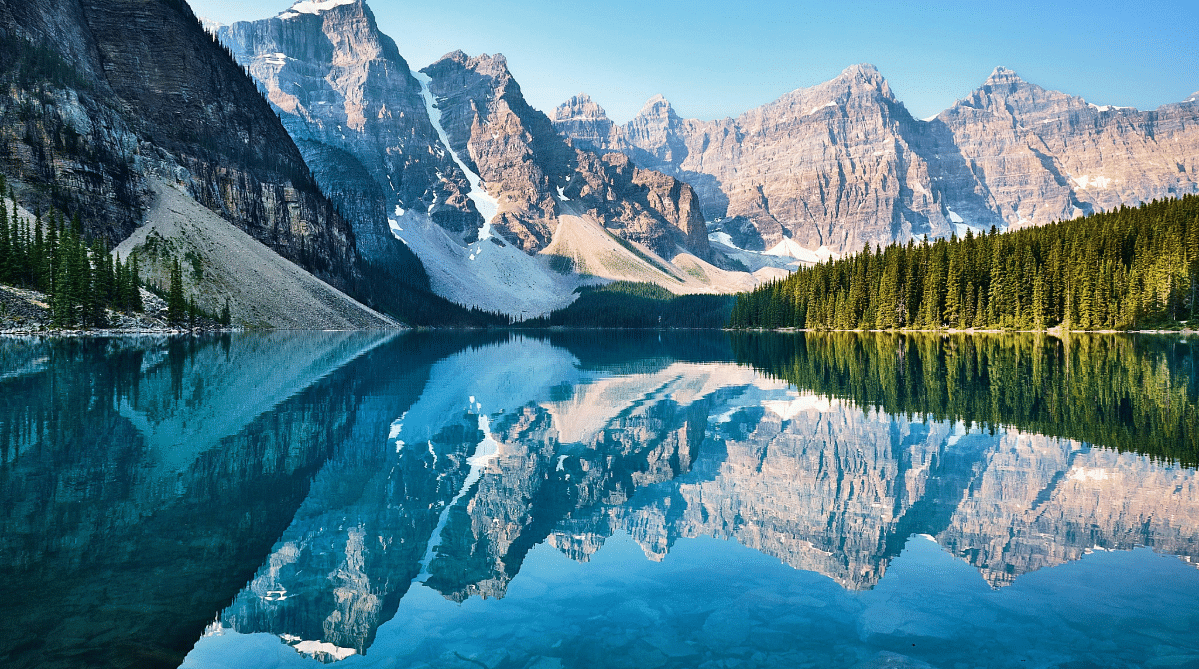 Unsplash
Unsplash
The Best Time to Visit Banff
The best times to visit Banff are from June to August and December to February. Summer brings long, warm days to hike, canoe, and enjoy the great outdoors. Winter is the best time of year for snow sports like skiing and snowshoeing. But remember, these are peak seasons, so they can also be crowded and expensive times to visit.
If you’re after milder weather and fewer crowds, plan your visit for the shoulder seasons, such as fall (September to November) and spring (March to May). Activities during these times include hiking, camping, and wildlife watching. Plus, you’ll have a greater chance of scoring a deal on transportation and accommodation.
Banff: A Month-by-Month Guide
Every month offers something unique:
- January to March: Prime skiing season. Hit the slopes or enjoy the famous Banff SnowDays Festival.
- April to June: A mix of spring awakening and the onset of summer activities. A great time for wildlife spotting.
- July to August: Peak season. Expect stunning weather and bustling energy, but book accommodations well in advance.
- September to November: Our personal favorite. The crowds start to thin, and the landscape is awash with fall colors.
- December: A snowy escape with festive vibes and plenty of winter sports.
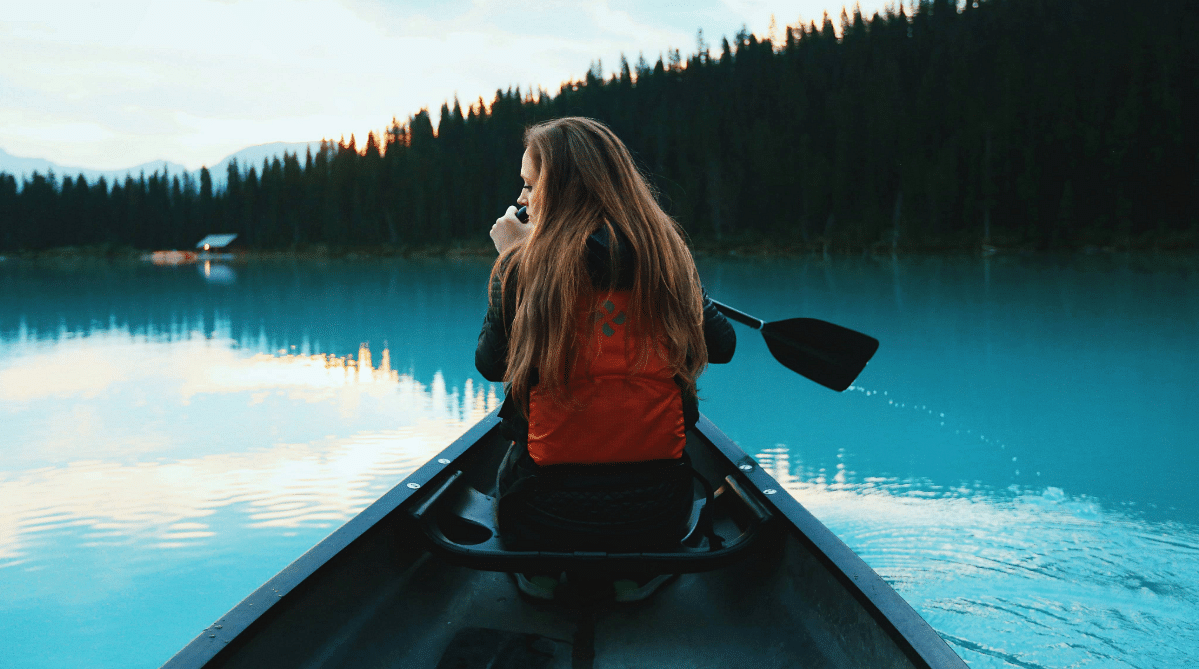 Unsplash
Unsplash
Tips for Planning Your Visit to Banff
- Book early: Especially if you’re planning a visit during the peak summer or winter season. Flights, accommodations, and tours tend to fill up quickly.
- Dress in layers: You never know how the weather might take a turn in the mountains. Always pack layers—thermal, fleece, and waterproof should be your mantra!
- Conquer the crowds: Want that perfect, crowd-free shot of the iconic Lake Louise? Try visiting during off-peak hours (early mornings or late evenings).
- Stay connected: Staying connected in the vast wilderness of Banff is crucial, whether it’s for navigating, sharing moments, or simply staying in touch. Remember to get a Canada eSIM to stay connected and avoid roaming fees during your trip.
Banff has it all. Just remember to time it right, plan ahead, and stay connected during your trip!

